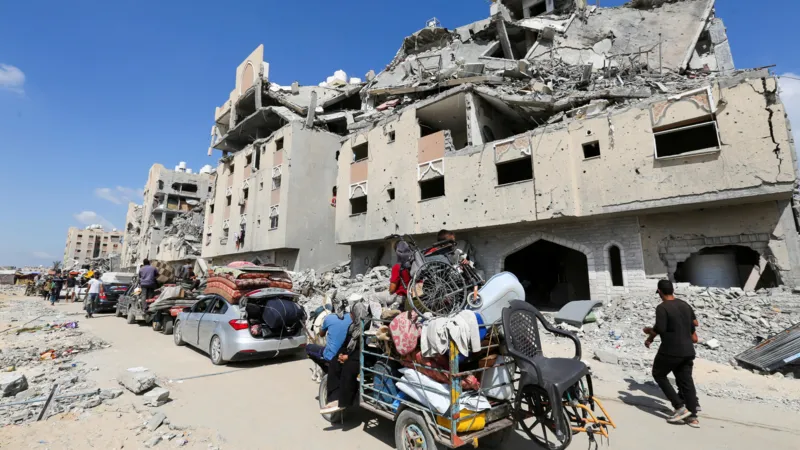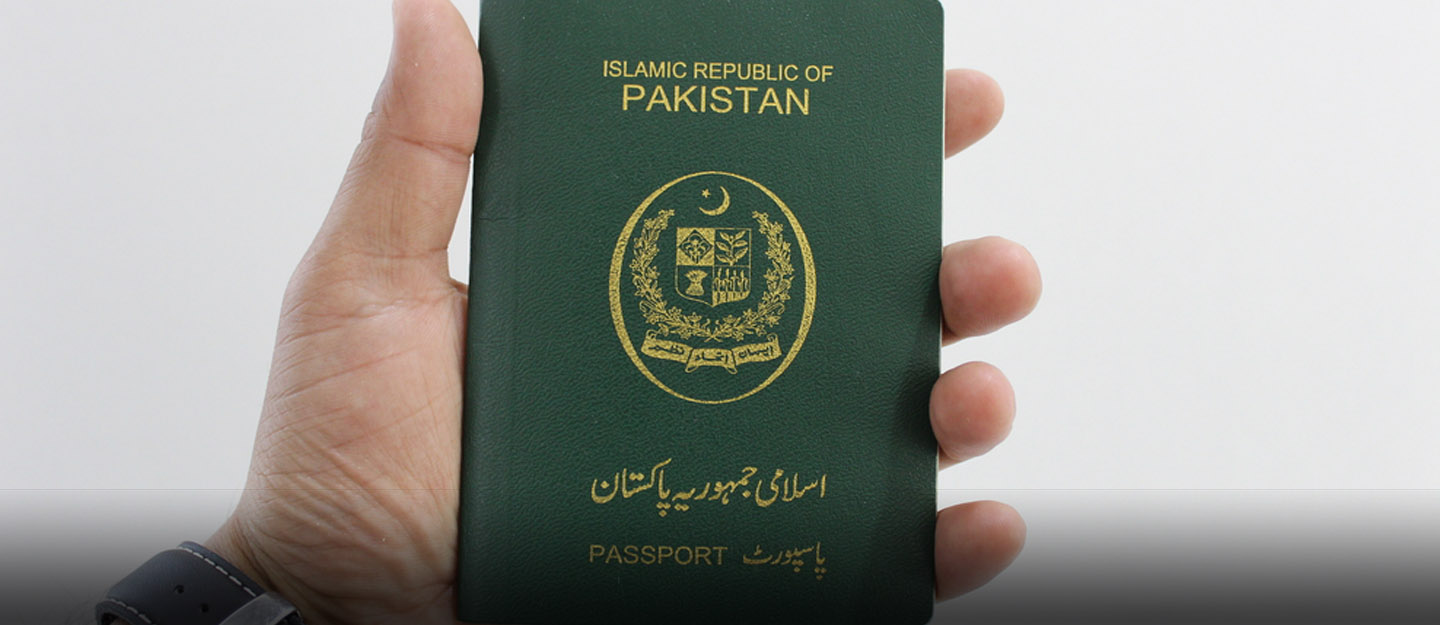Hamas insists that the ceasefire plan for Gaza should reflect the status of discussions from six weeks ago, rather than introducing any new negotiations.
On Sunday night, Hamas urged mediators to “propose a plan to enforce the agreement made by the movement on July 2, 2024,” which is rooted in President Biden’s vision and aligned with the UN Security Council resolution.
Hamas provided its response to President Biden’s ceasefire outline, originally announced on May 30, on July 2.
While the specifics of Hamas’s response remain undisclosed, it is believed that the group has agreed to drop the demand for an immediate full ceasefire, favoring instead the initial six-week pause proposed by President Biden.
Talks resumed a week later, with Hamas accusing Israel of adding new conditions to the negotiations.
Hamas sources informed the BBC that the new conditions, including screening displaced Palestinians returning to northern Gaza and the control of the Philadelphi corridor along the Egypt border, have become major sticking points.
Israeli media widely reported that Prime Minister Benjamin Netanyahu introduced these new demands, leading to friction within his negotiating team.

International mediators from Qatar, Egypt, and the US last week urged Israel and Hamas to urgently resume talks on the ceasefire and hostage release deal set for 15 August.
The mediators expressed their readiness to propose a bridging solution to resolve differences in implementing President Biden’s framework agreement.
On Thursday, Israel announced it would send a team of negotiators to participate in the meeting.
While Hamas rejected new proposals, the BBC reports that the group is willing to resume talks from the stage before the new conditions were added.
On Monday, the leaders of the UK, France, and Germany jointly called for the immediate resumption of talks, stating there “can be no further delay.”
UK Prime Minister Sir Keir Starmer, French President Emmanuel Macron, and German Chancellor Olaf Scholz supported the mediators’ call for resuming ceasefire talks in a unified statement.
The statement affirmed, “We agree that there can be no further delay.”
“We are collaborating with all parties to prevent escalation and are committed to reducing tensions and finding a path to stability.”
The countries also urged de-escalation of tensions in the Middle East, which have heightened following the assassinations of senior members of Hamas and Hezbollah.
US Defence Secretary Lloyd Austin confirmed on Sunday that he ordered the deployment of a guided missile submarine to the Middle East, set to join the USS Abraham Lincoln aircraft carrier en route to the region.
Iran has stated that it will retaliate for the assassination of Hamas leader Ismail Haniyeh at the “right time” in an “appropriate” manner, holding the US responsible for his death due to its support of Israel.
Iran has accused Israel of the assassination, although Israel has not officially responded.
On Sunday, the Israeli military instructed thousands of Palestinians in Khan Younis, southern Gaza, to move to areas designated as “humanitarian zones.”
The relocation order came after an Israeli airstrike on a Gaza school building on Saturday, resulting in over 70 fatalities, as reported by a local hospital director.
Fadl Naeem, head of al-Ahli Hospital, where many casualties were brought, stated that approximately 70 victims were identified shortly after the strike, with others so severely disfigured that identification proved challenging.
An Israel Defense Forces (IDF) spokesman claimed that the school “functioned as an active military facility for Hamas and Islamic Jihad,” a charge that Hamas denies.
IDF spokesman Rear Adm Daniel Hagari stated that “various intelligence indications” point to a “high probability” that Islamic Jihad’s Central Camps Brigade commander, Ashraf Juda, was present at al-Taba’een school when it was targeted.
He noted that it remains unclear whether the commander was killed in the strike.
The BBC has not independently verified casualty numbers from either side.
Israel alleges that Hamas utilizes civilian infrastructure for planning and executing attacks, which it cites as the reason for targeting hospitals and schools—sites protected by international law.
Hamas has consistently denied these allegations.
On 7 October, Hamas-led gunmen killed approximately 1,200 people in an attack on Israel, abducting 251 individuals and bringing them back to Gaza as hostages.
This attack sparked a large-scale Israeli military offensive against Gaza, leading to the ongoing conflict.
According to Gaza’s Hamas-run health ministry, the Israeli campaign has resulted in at least 39,897 Palestinian deaths.






